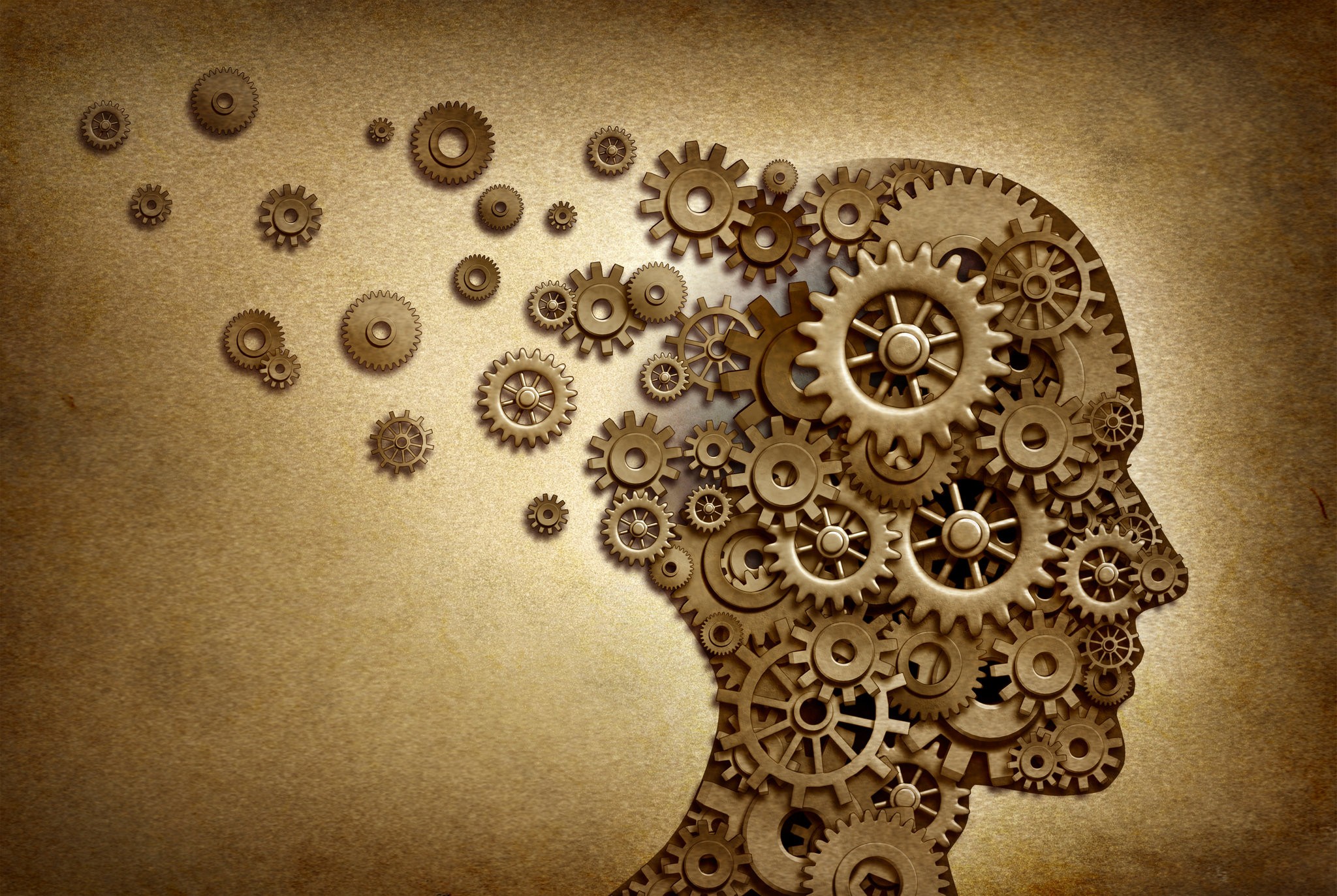
Depression
Depression is a major and relatively persistent mood disorder. It causes feelings of misery and other symptoms such as trouble sleeping, loss of appetite, low energy, poor concentration, loss of interest in activities once enjoyed, low self esteem, thoughts of death without a specific plan to follow through.
To describe their mood, patients say they’re feeling blue, sad, miserable, under the weather, disheartened, and that they have lost interest in activities or people.
All unpleasant events may cause worry, sadness, anxiety or unease. In these cases depression can be considered to some extent normal and understandable. However, when the depressive state lasts longer and impairs the capability to work, study, have relationships with family and friends, it can be considered as a depressive disorder which must be treated.
There are currently thought to be several types of depressive disorder depending on progress, symptoms, improvement or worsening in connection with external events:
Major depression: serious depressive symptoms which last for a long period of time. This type of depression is not altered by positive or negative external events;
Dysthymia: the depressive symptoms are similar to those of major depression, but they are less severe, more persistent over time and more variable. This type of depression is often influenced by external events;
Unipolar depression: patients have only had depressive states throughout their life;
Bipolar depression: in addition to going through depressive states, patients experience euphoric moods known as mania.
Anxiety
Anxiety is defined as an instinctive defense reaction, an alarm reaction triggered by survival instincts; it is also a state of emotional tension which is often characterised by physical symptoms such as shaking, sweating, accelerated heart rate and palpitations.
Anxiety over anticipated events is physiological and is characterised by increased vigilance and a state of alertness.
On the other hand, pathological anxiety is an overreaction to existential worry or apprehension for surrounding circumstances and diminishes a person’s normal capacity.
The presence of all of the following symptoms indicates a state of anxiety that needs to be treated:
- Anxiety and excessive worry over events and activities (such as work and study) on most days for at least 6 months;
- Trouble coping with worry;
- Anxiety, worry or physical symptoms cause significant uneasiness or impair social functions at work or in other important relationships;
- Alterations are not due to the physiological effects of substances (such as drugs of abuse or medications) or a general medical condition (e.g. hyperthyroidism);
- Anxiety and worry are accompanied by three or more of the following symptoms, some of which have been mostly present in the past 6 months:
- Restlessness, feelings of tension or jumpiness;
- Fatigue;
- Trouble concentrating /mind goes blank;
- Irritability;
- Muscular tension;
- Sleep alterations (trouble falling asleep or sleeping, disrupted or non-restorative sleep)
Therapeutic Solutions
Medicinal Products:
Amasci - Escitalopram - 10mg 20mg 28 film-coated tablets
Dulex - Duloxetine - 30mg 60mg hard gastro-resistant capsules
Zapin - Mirtazapine 30mg - 30 Film-Coated Tablets
Ecutin - Paroxetine hydrochloride hemihydrate - 10 mg/ml, oral drops, solution
Gealevide - Amisulpride - 50mg 12 tablets
Log in to the Reserved Area to view the complete product information sheets

